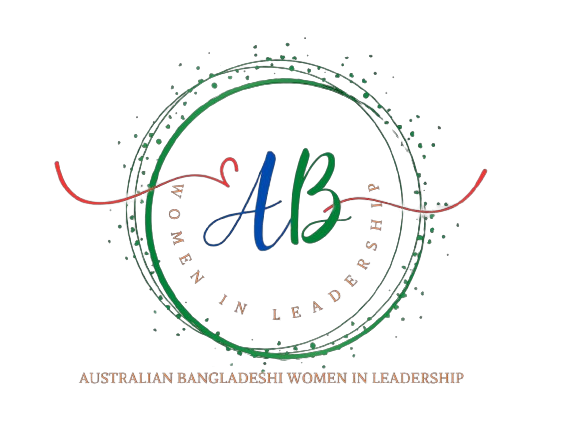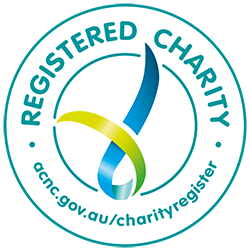
Empowering Change: ABWLI’s Path to Sustainable Solutions for Climate Resilience
ABWLI plans to achieve sustainability goals for global climate change by focusing on several initiatives that are in progress. We promise to contribute significantly to the global fight against climate change while fostering a sustainable and equitable community.


http://wish-club.ru/forums/index.php?autocom=gallery&req=si&img=5234